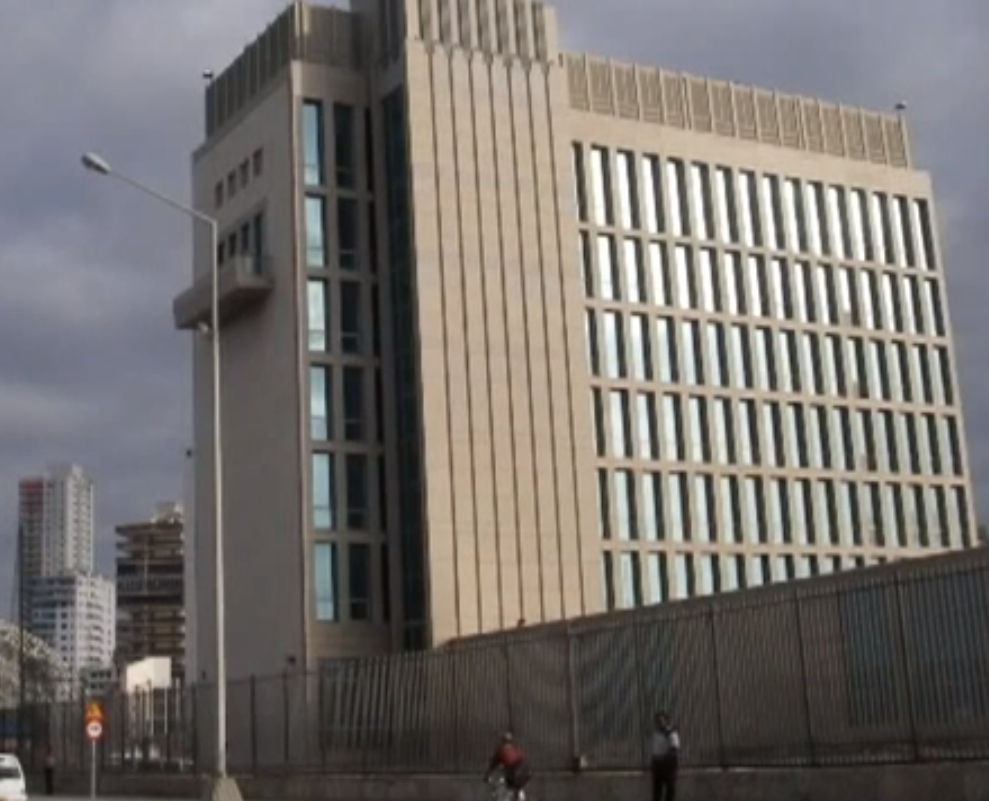By Ana Radelat
WASHINGTON — As U.S. and Cuban delegations are scheduled to meet in Havana on Wednesday, a State Department official said a review of Cuba’s status on the list of countries that harbor terrorists began immediately when President Obama announced his policy changes towards the island more than a month ago.
“But I don’t know exactly when that will be complete,” the senior official said, speaking on background. “And I certainly wouldn’t prejudge the outcome.”
She also said the State Department may take less than six months to give its recommendation to President Obama, and said the review began on Dec. 17.
“When the president tells you he wants you to do something in six months, you basically look at your watch and say, ‘Let’s get started’,” the official said.
Cuba has been on the State Department’s “State Sponsor of Terrorism” list since 1982, a list that includes Syria, Iran and Sudan.
Every year, the State Department releases an update, usually in the late winter or early spring (the deadline for the report is Apr. 30), that outlines the reasons why those nations remain on the list. The reasons the State Department has cited for Cuba to remain on the list has diminished over the last few years.
In its 2013 report, they included Cuba’s safe haven to members of Basque Fatherland and Liberty (ETA) and the Revolutionary Armed Forces of Colombia (FARC). But it also said “reports continued to indicate that Cuba’s ties to ETA have become more distant, and that about eight of the two dozen ETA members in Cuba were relocated with the cooperation of the Spanish government.” The last State Department report also said “throughout 2013, the Government of Cuba supported and hosted negotiations between the FARC and the Government of Colombia aimed at brokering a peace agreement between the two,” and that “there was no indication that the Cuban government provided weapons or paramilitary training to terrorist groups.”
But the report also said “the Cuban government continued to harbor fugitives wanted in the United States.” In previous talks with Cuban officials, the United States has repeatedly asked for the extradition of JoAnne Chesimard, who was convicted of killing a New Jersey state trooper and has been living in Cuba for the past 30 years.
However, the senior State Department official said the decision will be based on Cuba’s activities in the six months preceding Obama’s policy change announcement.
“It has to include both a review of the past six months and whether or not the government has provided any support for international terrorism during that six-month period, and then assurances that the government involved will not support international terrorism in the future,” the official said. “So we will undertake the review and gather all of the data, and then make a recommendation to the president.”
The official said the president is required to give Congress notice of at least 45 days of his decision regarding the terror list.
The official made the comments during a telephone press conference before Roberta Jacobson, Assistant Secretary of State for Western Hemisphere Affairs, travels to Havana to discuss the normalization process.

The official said Jacobson would press for the re-accreditation and discuss lifting travel restrictions for U.S. diplomats, which both the United States and Cuba imposed on the other nation’s emissaries.
The official said the United States would also ask Cuba to lift caps on the number of diplomatic personnel allowed to staff the U.S. Interests Section in Havana, for unimpeded shipments to the mission, and for free access to the U.S. Interests Section by Cubans.
Cuba is expected to press for an end to Cuba’s membership on the terrorist list.
Cuban President Raúl Castro dedicated much of his speech before the National Assembly after President Obama’s Dec. 17th announcement to the terrorism designation.
Cuba is also likely to press for an end to the Cuban Adjustment Act, a U.S. law that allow Cubans who reach U.S. soil to apply for residency, then citizenship. The Cuban government says this encourages illegal migration.
“I would like to emphasize that there is no plan to change U.S. policy. The Cuban Adjustment Act .. must be changed by Congress, and we have no plans to change that at this point,” the senior official said.
She also said the normalization process would not include the settlement of U.S. property claims against Cuba, which will take more time.
“The fact is that…it will be undertaken over a period of time that I can’t exactly give you an end point of,” she said.

